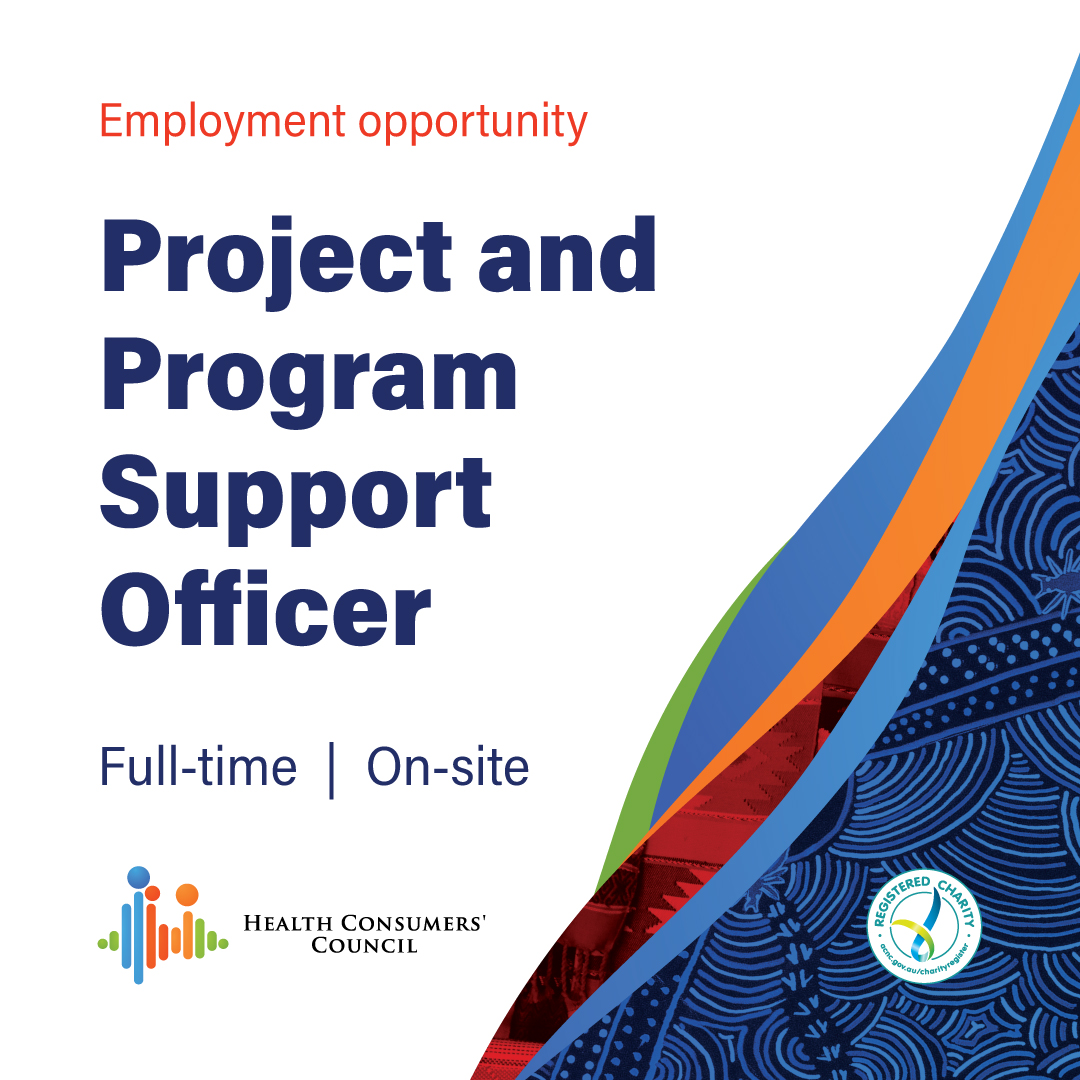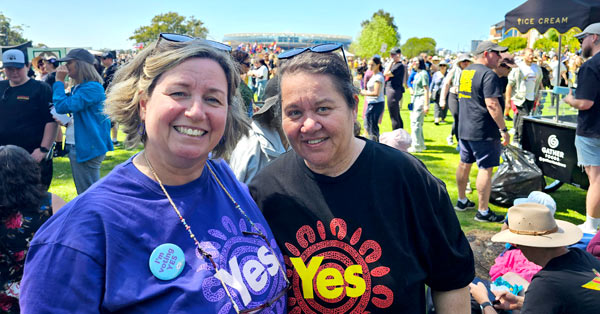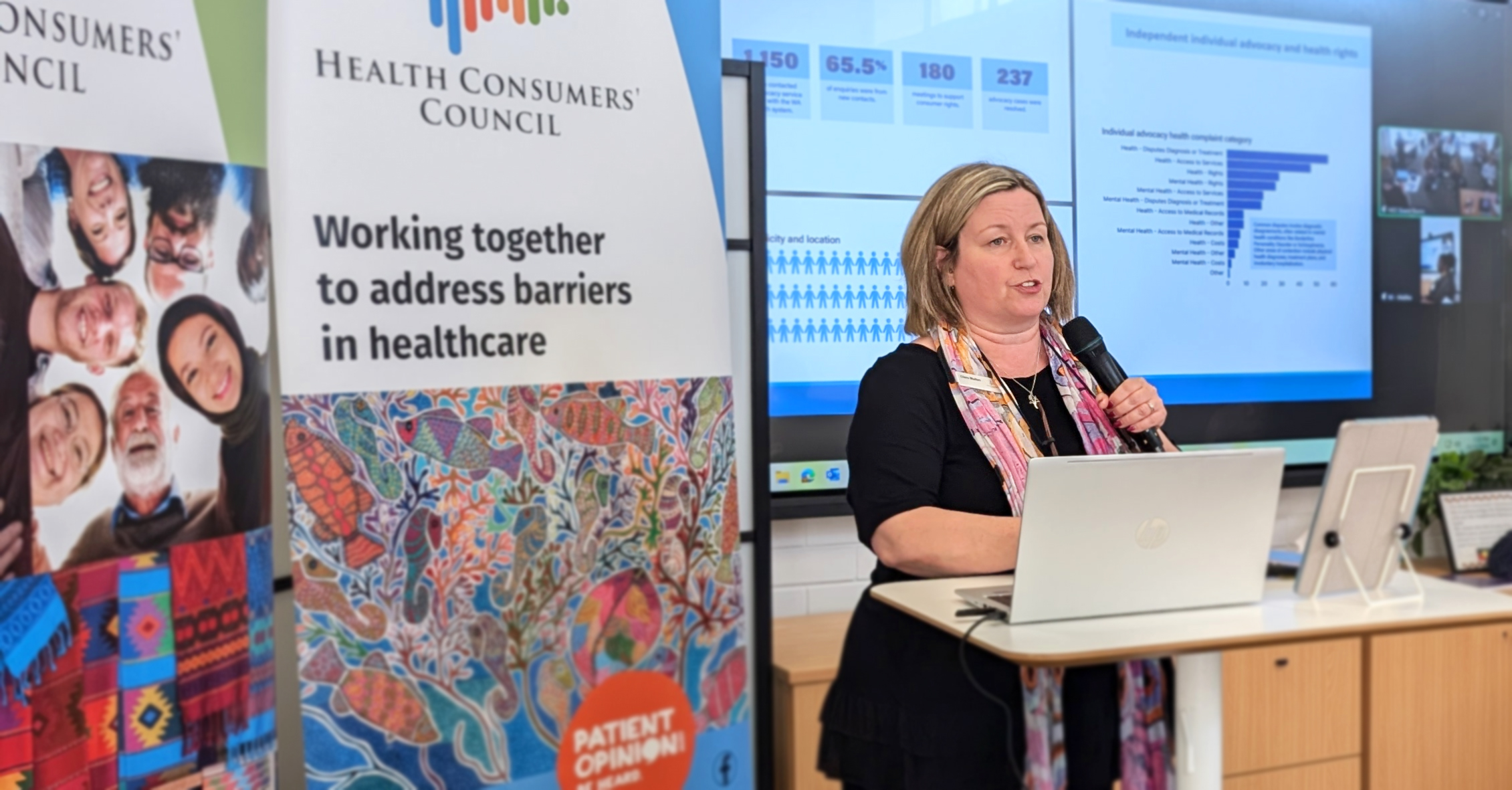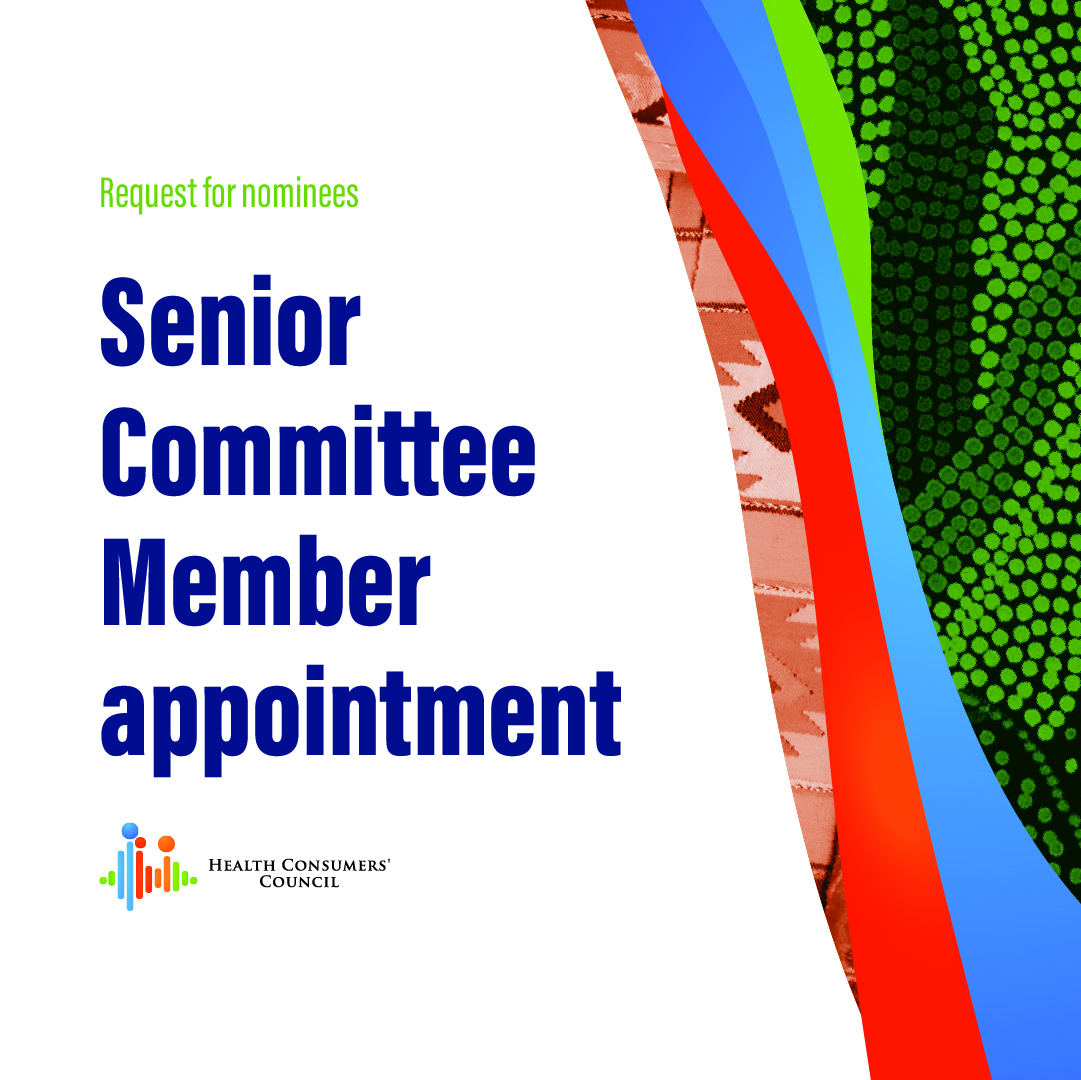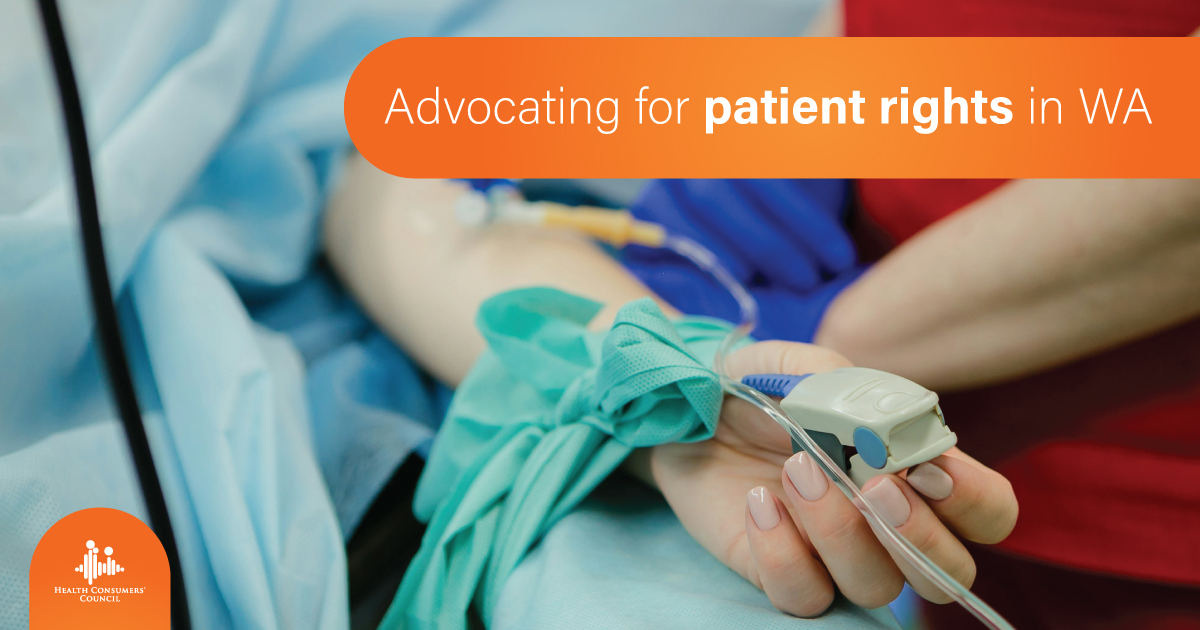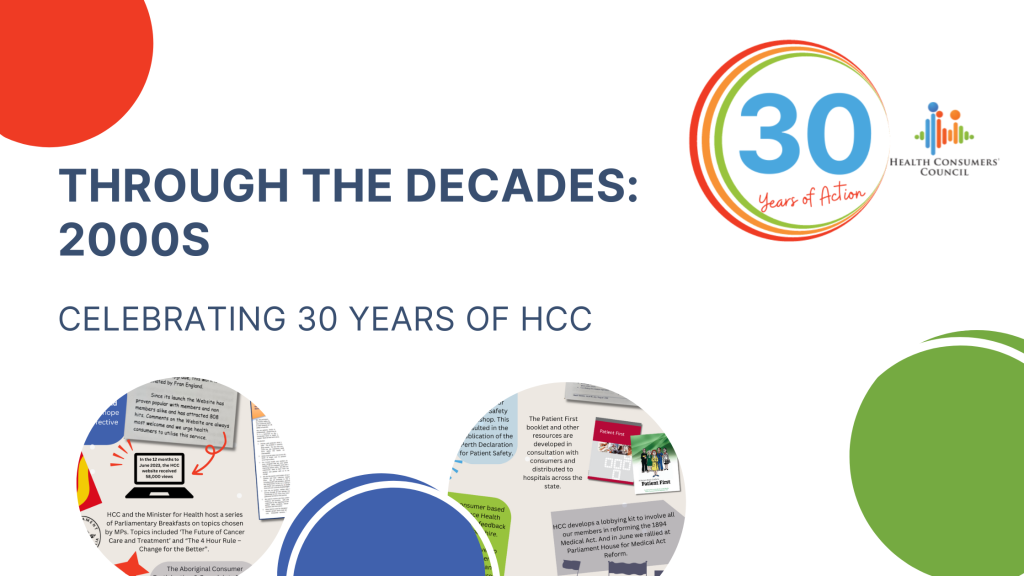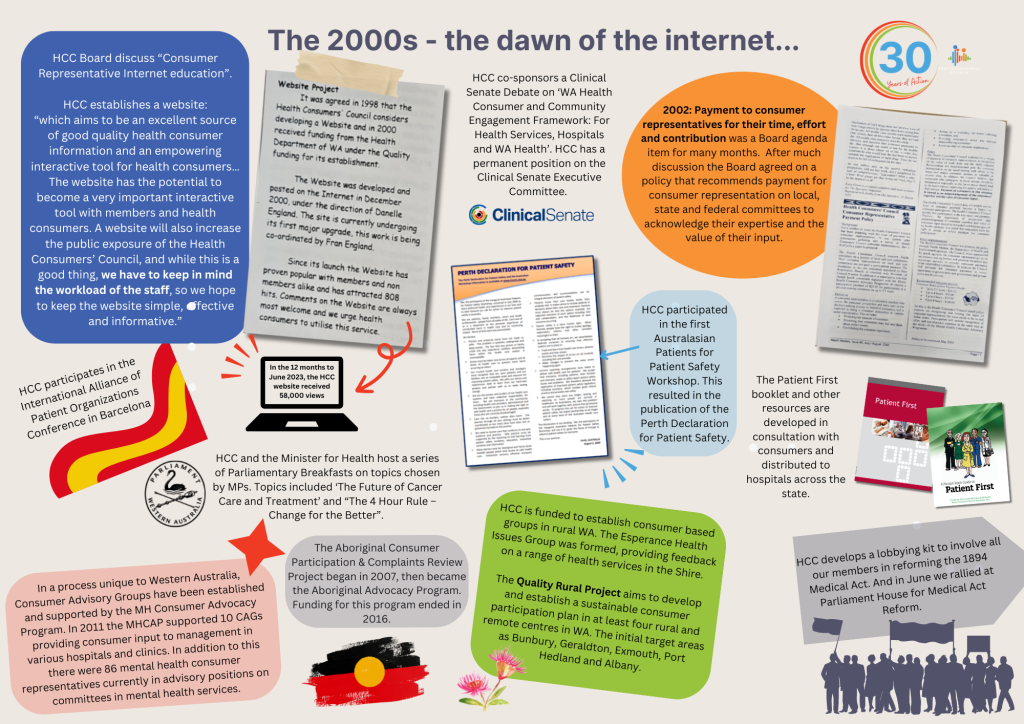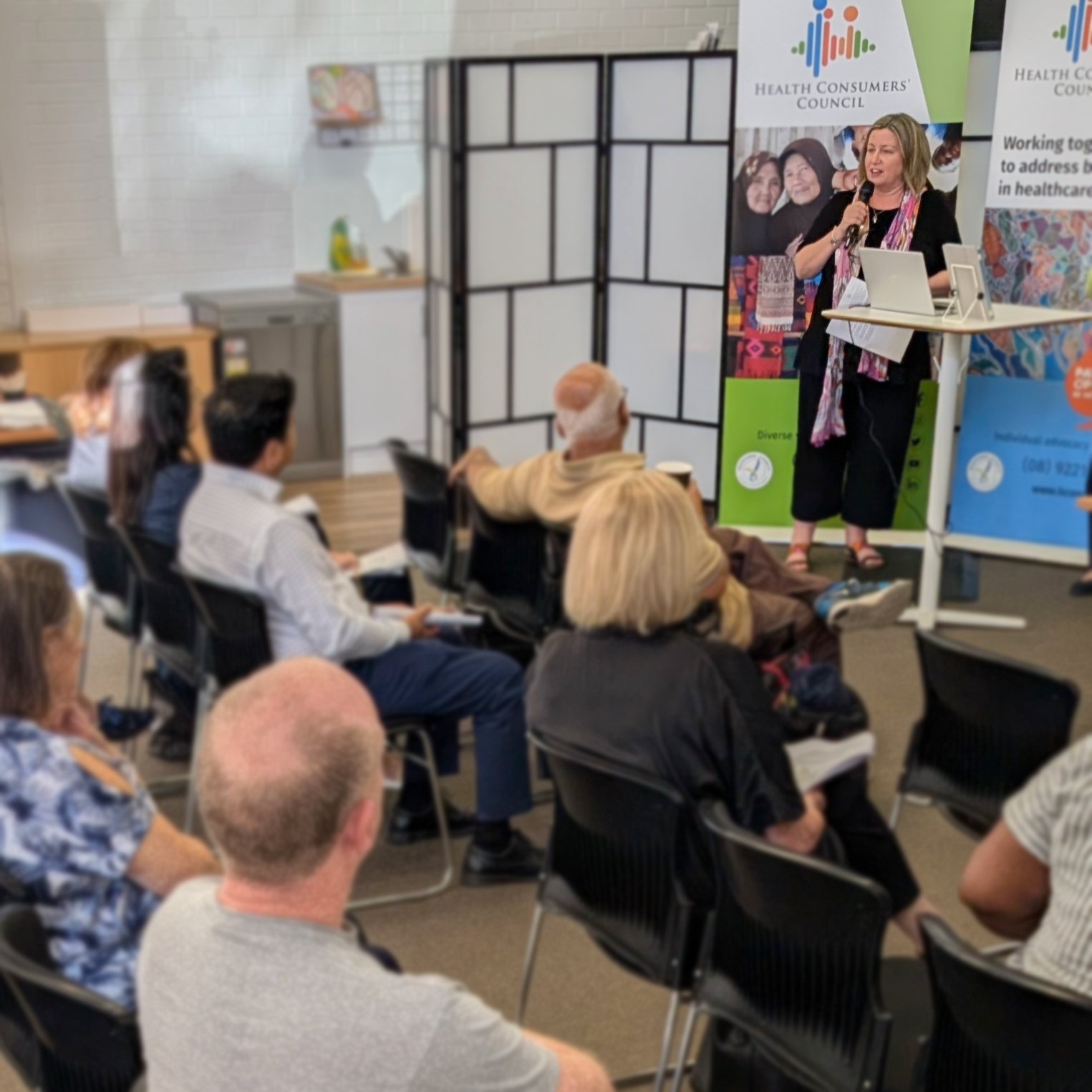
Why the 2025 elections matter for healthcare policy, and how patients and consumers can influence change.
The Impact of the WA State Election 2025 and Federal Election on Healthcare
You might have noticed we’re in the run up to two elections. The WA State election on Saturday 8 March 2025, and the Federal election at some point in the next few months. Not only that, but the Productivity Commission and Cleanbill both published reports this month about healthcare in Australia pointing out what is very clear to anyone trying to access healthcare – there’s a lot of pressure on the hospital system and good luck trying to find a bulk billed GP appointment. And so the airwaves are alive with announcements and soundbites calling for action. And many of these will talk about the need for more hospital beds and hospital infrastructure.
Policy Priorities for Better Healthcare in WA and Australia
Here’s what we’d like to see from a patient and health consumer point of view:
- increased investment in primary care across the state
- the Cleanbill report found there are fewer than 40 GP clinics in WA where someone who’s not on a concession card can be bulk-billed – with the cost of living pressures being experienced by many people we know this means people are thinking twice about accessing care
- the increase in urgent cares is great, but it’s not the same as good primary care
- urgently increase the investment in preventative health measures
- the Sustainable Health Review recommended an increase in preventative health spending to 5% of the health budget – we believe this should be in addition to the current budget – not require shifting expenditure from somewhere else
- see this article about how “We don’t have a health problem, we have a village problem” for the sort of radical shift in thinking that is required
- a continued focus on improving the efficiency and capacity of the hospital system
- while retaining a focus on delivering compassionate person-centred care
- improving access to healthcare in the community
- one of the reasons for long waits in the Emergency Department is because there are people in hospital who are well enough to leave hospital, but not well enough to return home – we need more access to more community-based options, for example people looking for residential aged care
- one study into a Compassionate Communities Community Connector model in WA’s South West found that the model led to a 63% reduction in hospital admissions – imagine if we were able to roll this kind of approach out across the state?
You can hear me talking about some of these points with Nadia Mitsopoulis on ABC Perth Mornings this month at this link. The whole item is from 4m45s and our comment is from 16m25s until 20m45s.
Long-term solutions: addressing the root causes of healthcare challenges
Change is not a quick fix
Despite what you’ll read in the coming weeks, there are no quick fixes to the current pressures. WA is not alone in facing these pressures on our healthcare system. And these pressures haven’t come out of nowhere.
The very powerful commercial interests of the food, alcohol and entertainment sectors have created a world over the last five decades where we are increasingly and strongly nudged towards unhealthy behaviours such as eating high levels of ultra-processed foods; spending increased time on electronic devices, including social media; and prioritising paid work over social and community connections.
Add to this the recovery from the turbulence of the COVID pandemic, and healthcare systems around the world are facing similar challenges.
The role of vested interests in shaping healthcare policies
Patient and consumer voices can cut through vested interests
There are many vested interests in the healthcare space. Powerful clinical groups and commercial interests are able to spend significant sums of money putting forward the interests of their members and stakeholders.
And in Australia, we have three levels of government who all have a role in health and healthcare. And unfortunately, getting different parts of government to work well together has never been easy.
Why consumer advocacy is essential for better healthcare policies
Only consumer advocates have the interests of patients, consumers and the community as their sole focus
It has never been more important that there are strong, informed, and connected patient, consumer and community voices in every discussion informing decisions about health and healthcare.
By Clare Mullen, Executive Director





